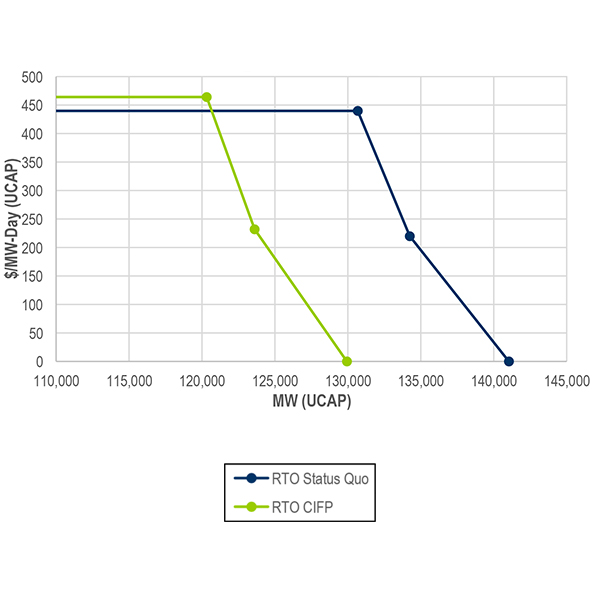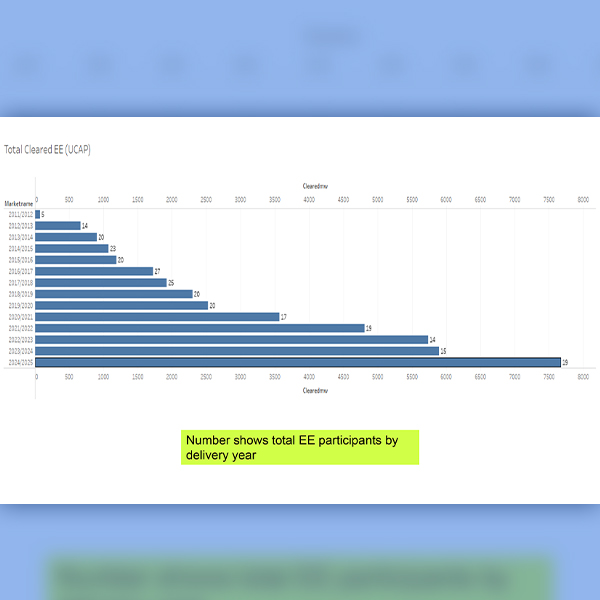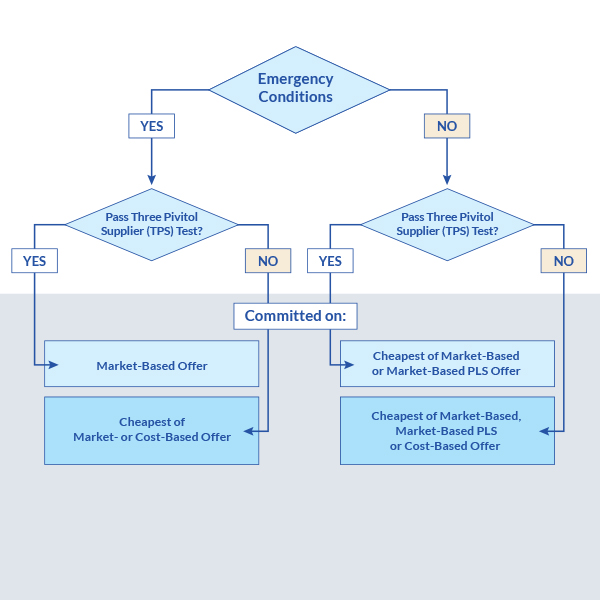PJM Market Implementation Committee (MIC)
PJM proposed changes to how it measures and verifies the capacity contribution of energy efficiency resources, drawing concerns the RTO is moving too fast to implement changes ahead of the next capacity auction.
PJM spent $53.5 million on conservative, out-of-market dispatch procedures to maintain reliability during the January 2024 Winter Storm Gerri.
The PJM Market Implementation Committee endorsed manual revisions codifying the real-time temporary exceptions process for generators to report any issues that may prevent them from operating to their unit-specific parameters.
The Market Implementation Committee discussed PJM's analysis of how proposed Critical Issue Fast Path filings before FERC might have impacted the 2024/25 Base Residual Auction results.
PJM’s MIC heard updates on capacity market proposals pending before FERC and began a review of how energy efficiency resources participate in the market.
Generators that plan to come online by the start of the 2025/26 delivery year will have until Dec. 12 to notify PJM of their intent to participate in the Base Residual Auction for that year.
The PJM Market Implementation Committee endorsed the creation of a fifth cost of new entry area for the Commonwealth Edison zone, as well as two proposals aiming to limit the prospective performance impact of implementing multi-schedule modeling in the market clearing engine.
Voltus withdrew a demand response resource issue charge, while AEP and Dominion proposed a capacity obligation issue charge.
PJM's Market Implementation Committee endorsed one of several packages to create new rules for generators with co-located load and rejected four proposals revising how generators providing reactive power service are compensated.
PJM's Market Implementation Committee discussed potential changes to reactive power compensation and the progress of developing new market clearing engine software.
Want more? Advanced Search









